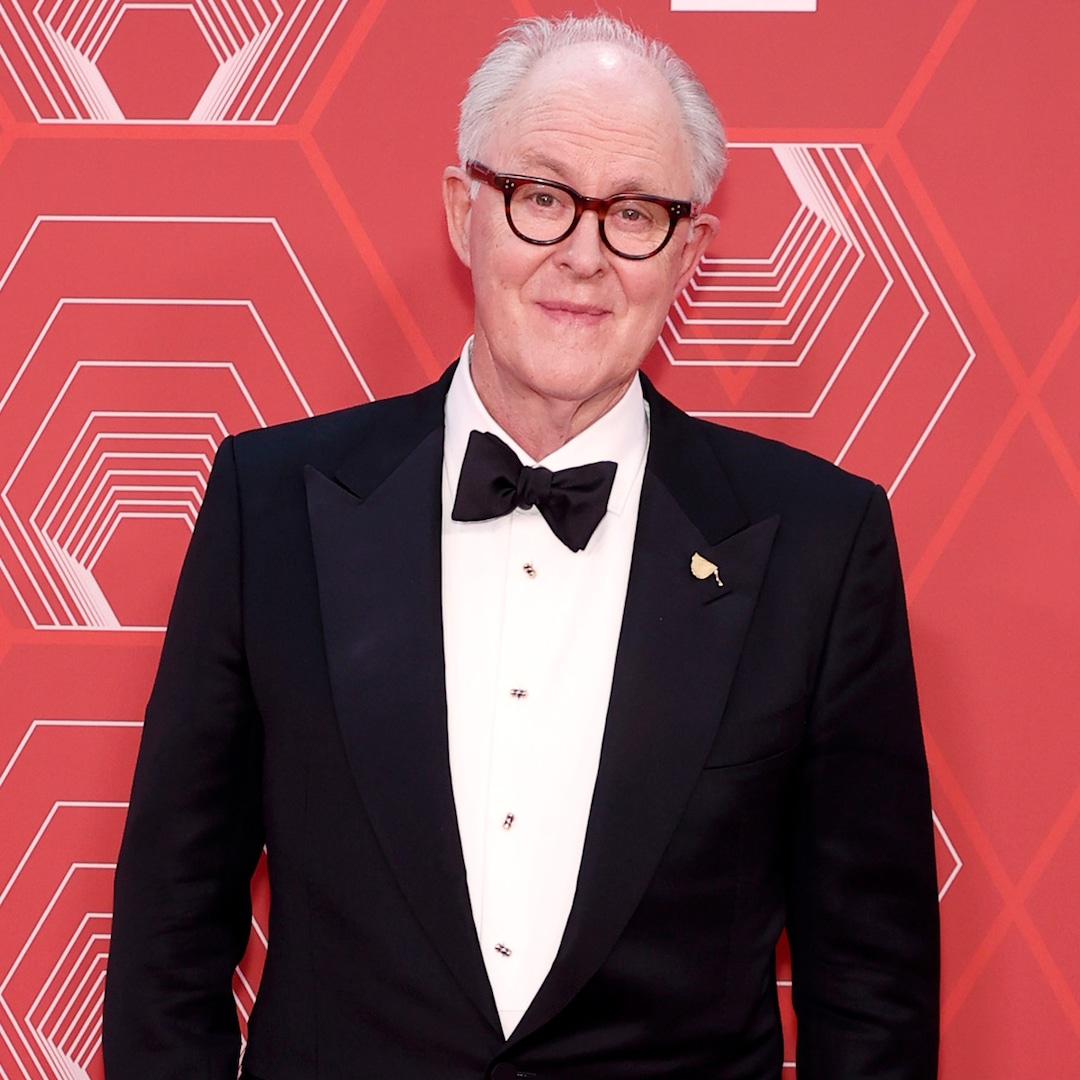German photonic processing scale-up Q.ANT raises €62 million in largest round for photonic computing in Europe
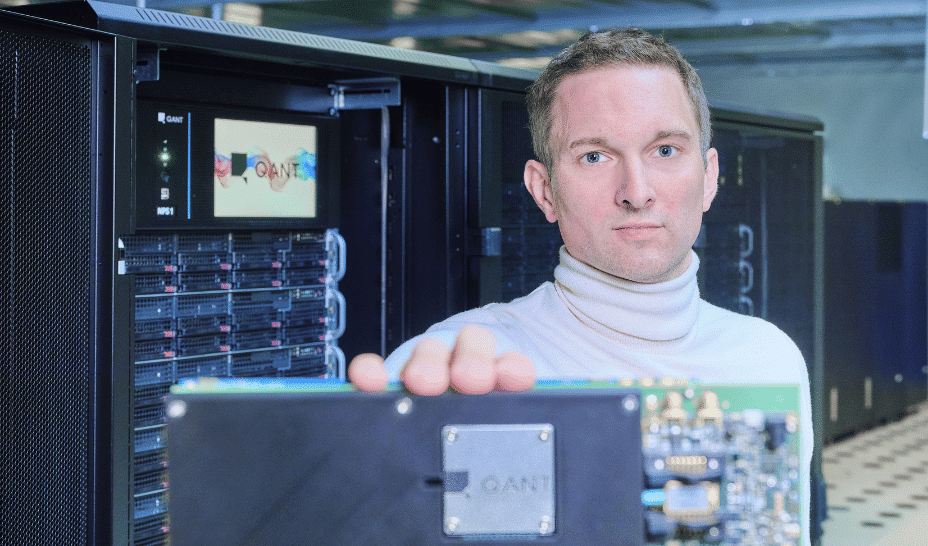
Stuttgart-based Q.ANT, an innovator in photonic processing, today announced a €62 million Series A financing round to accelerate the commercialisation of its energy-efficient photonic processors for AI and high-performance computing (HPC).
The round is co-led by Cherry Ventures, UVC Partners and imec.xpand with participation from additional DeepTech investors, including L-Bank, Verve Ventures, Grazia Equity, EXF Alpha of Venionaire Capital, LEA Partners, Onsight Ventures, and TRUMPF.
“Q.ANT was founded with a bold vision: to redefine the way the world computes by using light instead of electricity,” said Dr Michael Förtsch, Founder and CEO of Q.ANT. “This investment proves that Europe has both the ambition and the capital to lead – and gives us the strong partners we need to pursue our mission and help shape the future of computing.”
Founded in 2018 by Dr Michael Förtsch as a spin-off from TRUMPF, Q.ANT is a photonic DeepTech scale-up developing photonic processing solutions that compute natively with light and deliver a scalable alternative to transistor-based systems. Its Light Empowered Native Arithmetics (LENA) architecture delivers analog co-processing power optimised for complex computation and enabling energy-efficient performance for next-generation AI and HPC applications.
Q.ANT operates its own Thin-Film Lithium Niobate (TFLN) chip pilot line in collaboration with the Institute for Microelectronics Stuttgart, IMS CHIPS, and is currently shipping its Native Processing Servers to selected partners.
“Q.ANT’s photonic chips stand to radically reduce data centre operating costs while delivering the breakthrough performance demanded by next-generation AI and high-performance computing,” said Christian Meermann, Founding Partner at Cherry Ventures. “With early commercial momentum and a world-class team of DeepTech experts, Q.ANT is uniquely positioned to redefine the trillion-dollar data centre semiconductor landscape. We’re proud to back them in building the future of computing.”
As AI infrastructure scales globally, Q.ANT explains that traditional chip technology (CMOS) reaches its physical limits, performance stagnates, and electricity demand is reaching untenable levels. A report from the International Energy Agency (IEA) estimates that by 2026, data centre energy use is expected to surpass the entire annual electricity consumption of Japan.
Q.ANT is addressing this issue with a different paradigm: computing with light instead of electricity, which opens the door to significantly higher performance and energy savings.
In just five years, Q.ANT says they have brought to maturity what experts have pursued for decades: the world’s first commercial photonic processor for real-world AI and HPC workloads – executing complex AI operations much faster while saving significant amounts of energy.
Built on TFLN, the Q.ANT Native Processing Server integrates seamlessly into today’s data centres as a plug-in co-processor. Real-world tests promise up to 30 times energy efficiency, 50 times performance improvement, and the potential to increase data centre capacity by 100 times – all without the need for complex active cooling systems. Q.ANT is the industry’s first photonic processing company to offer this level of performance, accuracy, and industry integration in one sustainable solution.
“What impressed us about Q.ANT was the clarity of its vision and its ability to consistently deliver on it,” said Andreas Unseld, General Partner at UVC Partners. “Q.ANT is not only pioneering a new computing architecture, but doing so in a way that addresses the urgent need for more sustainable AI infrastructure. That combination of DeepTech capability and long-term relevance made this an easy decision for us.”
This funding will enable Q.ANT to scale production, advance development of next-generation photonic processors, grow its team across disciplines, and expand to the US to support a growing number of customer deployments.
In addition, Q.ANT strengthens its advisory board with two semiconductor experts: Hermann Hauser, founder of ARM and Hermann Eul former member of the Infineon Management Board and former CVP & GM of Intel.
“Classical CMOS processors are approaching their physical and architectural limits – where further gains through parallelisation and smaller structures yield only marginal improvements. In contrast, photonic computing represents a fundamentally new paradigm with immense, largely untapped scaling potential. Q.ANT has solved the core challenges of this technology and is well positioned to define the future of high-performance computing,” added Cyril Vancura, Partner at imec.xpand.
By 2030, the company aims to make its photonic processing technology a foundational pillar of global AI systems, enhancing scalability and energy efficiency. With a focus on seamless market integration, Q.ANT’s Photonic Native Processing Server (NPS) is now available for early access evaluation and delivered in a format that is natively compatible with today’s programming languages and AI software ecosystems.
The Q.ANT NPS reportedly uses less energy, eliminates on-chip heat and delivers higher compute density.
Berthold Schmidt, CTO at TRUMPF: “DeepTech disruption demands courage, foresight and decisive action. Q.ANT set out to redefine the way we compute and we believed in their vision from day one. We backed Q.ANT’s mission with early investment, robust infrastructure, and technical support enabling Q.ANT to develop its breakthrough photonic chip architecture. Now as Q.ANT enters full commercialisation, their photonic processors are set to transform performance and energy-efficiency for AI and HPC workloads and we are moving forward alongside a world-class group of partners – united with a shared vision to shape the next level of computing.”
The post German photonic processing scale-up Q.ANT raises €62 million in largest round for photonic computing in Europe appeared first on EU-Startups.








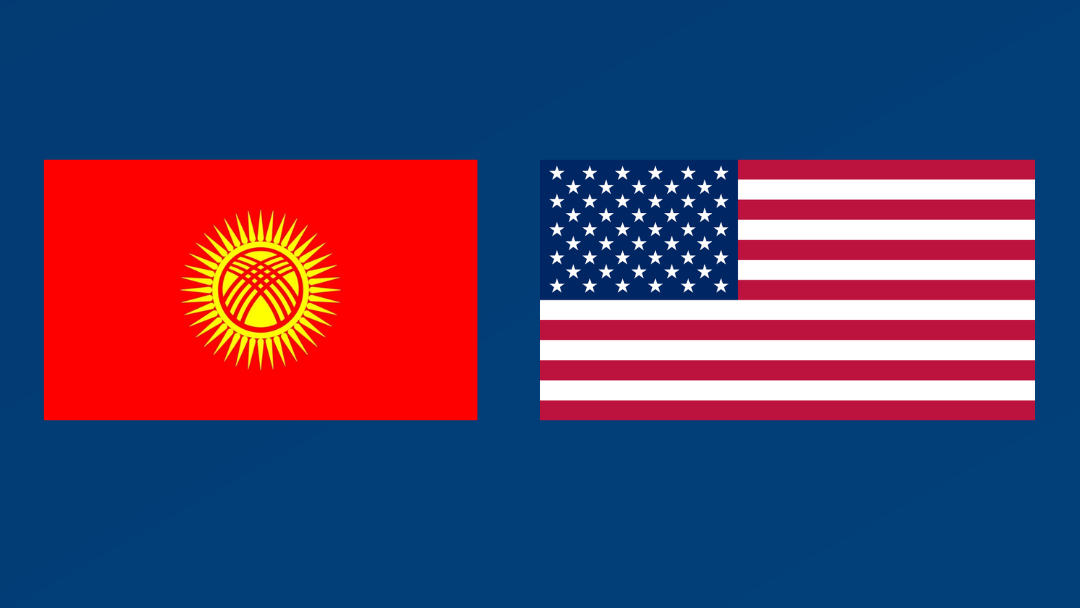
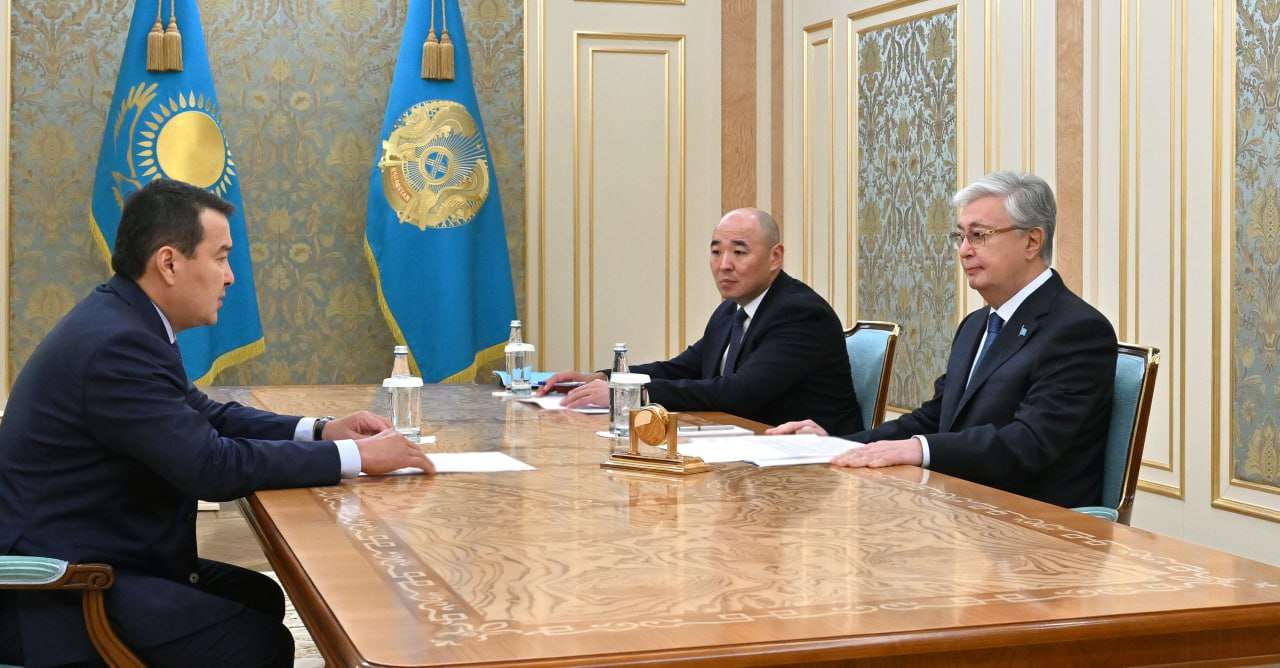





























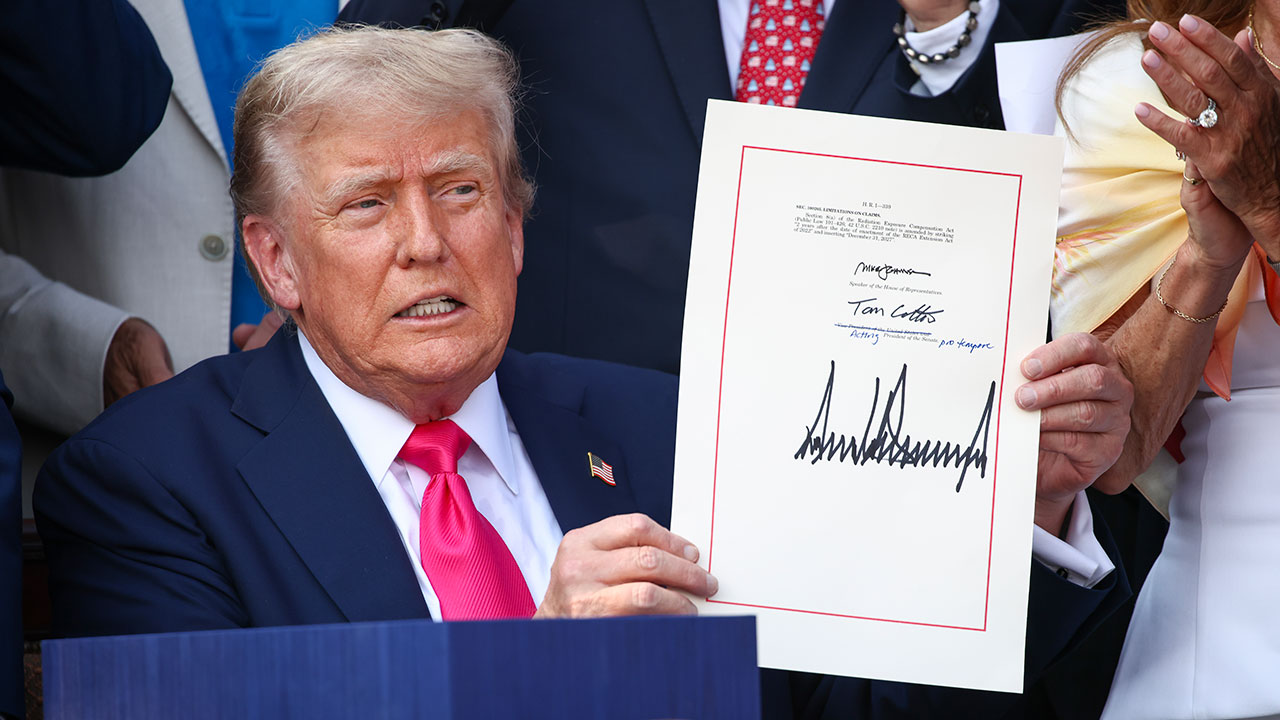







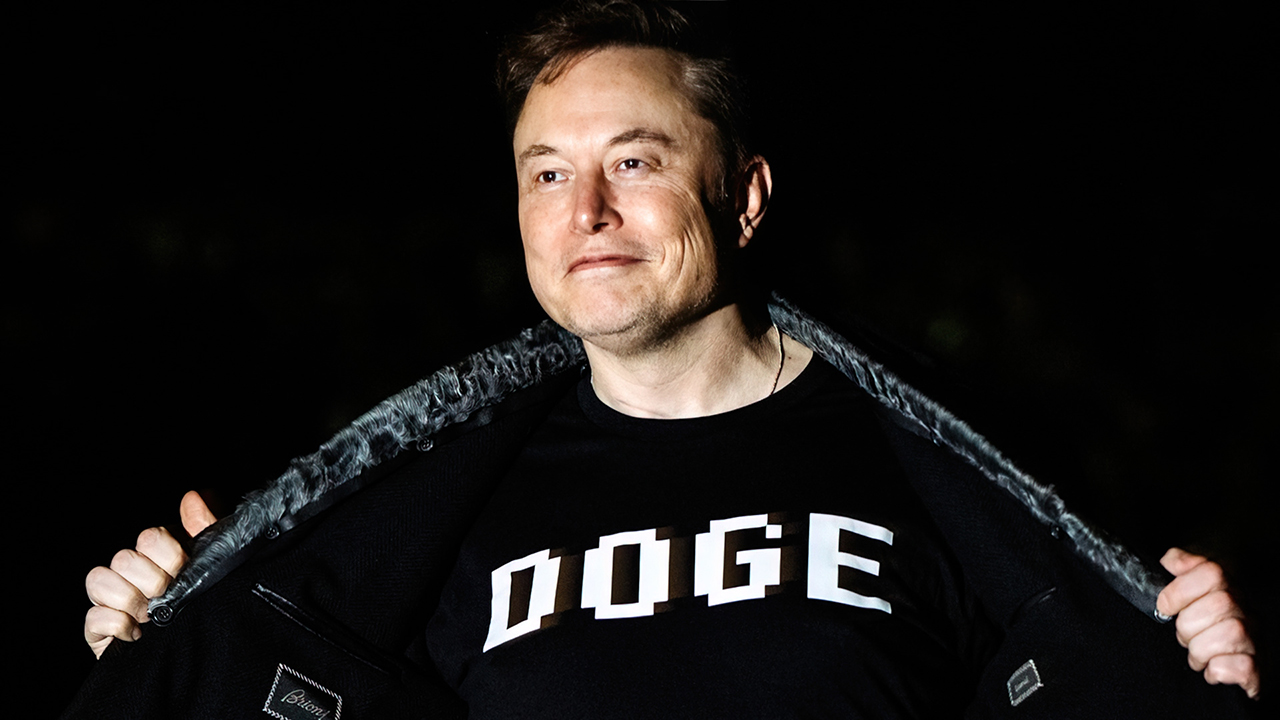



.png?Expires=1838763821&Key-Pair-Id=K2ZIVPTIP2VGHC&Signature=IO0~CT3pU-TcxGc~yoZSmoQx23MZVuK-~4jSii~NKEblRmyO3el7NXPu~Rh1o23voASg7hlcHLw4kvQuDK1jssEhcjoNBBvEpZ~GGOAU6yosBhpHpeF179F~h7i6VxmsBNh9gtTutkoqY73O2YCFey~IAqSzKbBqETP1kP9cAg1916Z1YkJJs-5MliMrkZ5d7-mWGLbpHp2wGj2VlMph8XzYlL4~y1O7fB~JdIS~Rs4RMRs2x0WT1qUIpHAsf3GdwtOyAmKFSpIg8xCyNGZZ5h~13nXlmpd7uPvW8tBfttpG9pFTqcway-uch5WyfHOEfi7UlJCOWrr6fCYY5PMgSg__)





